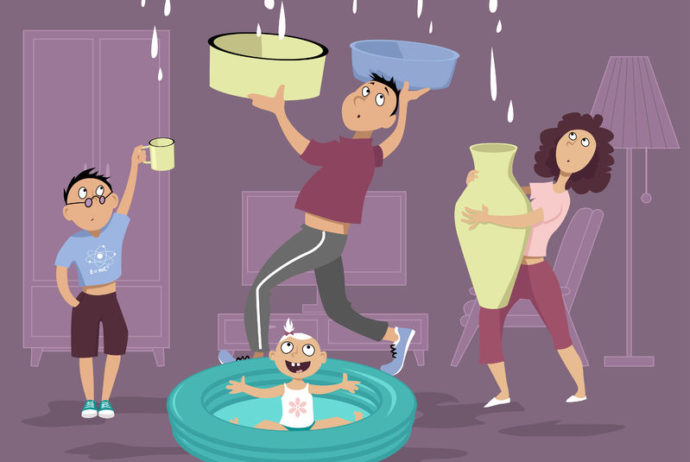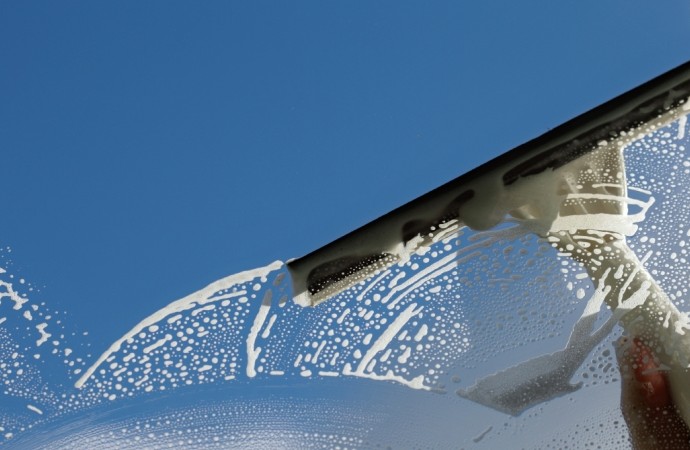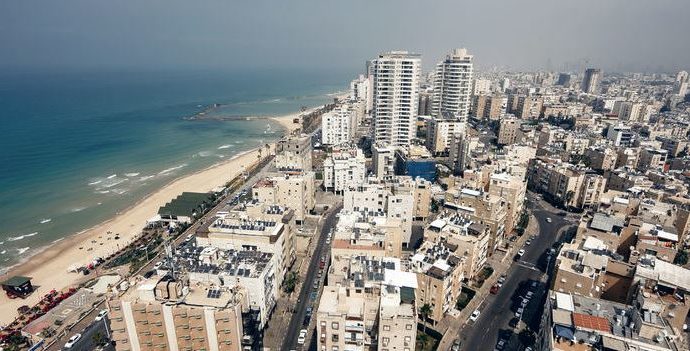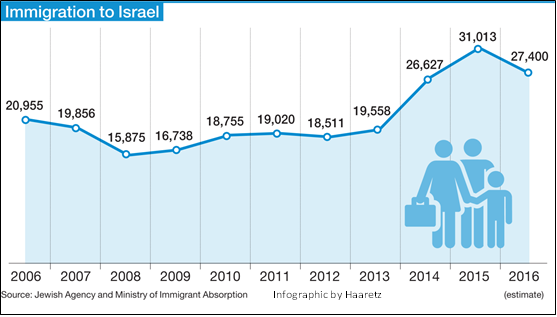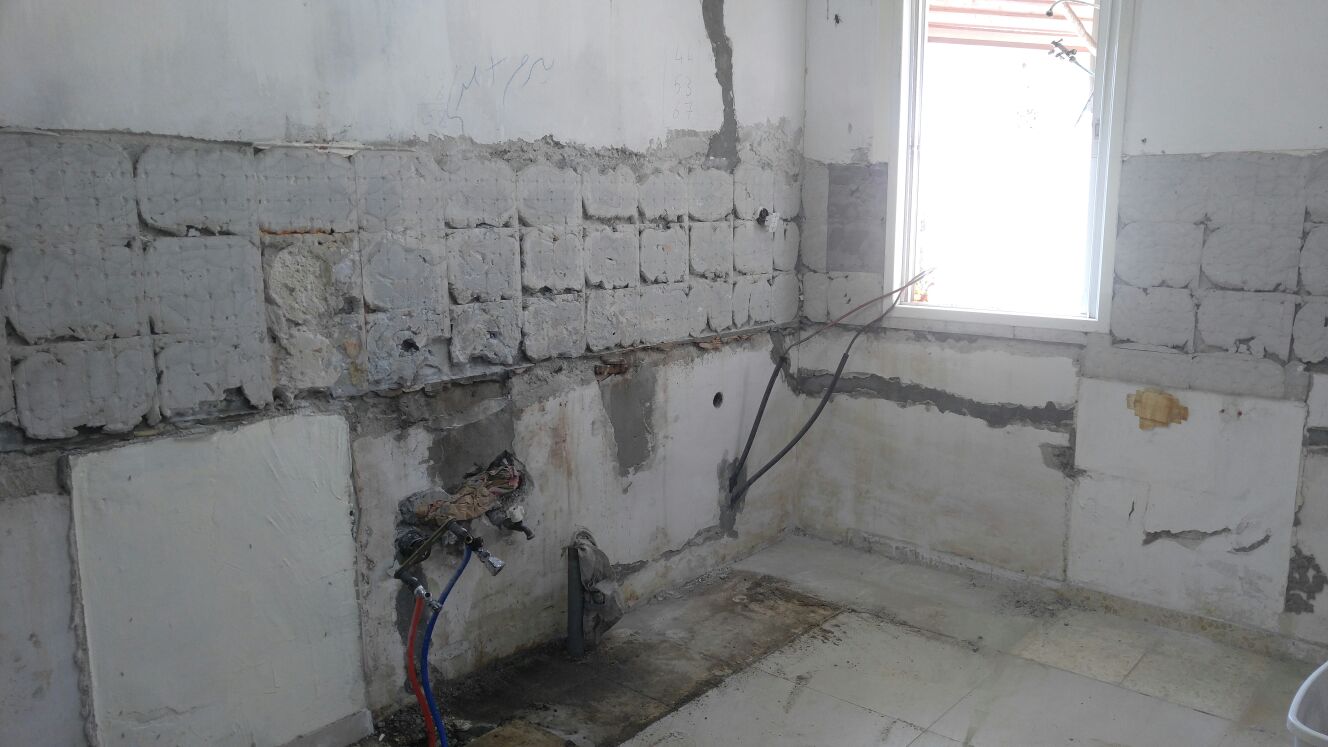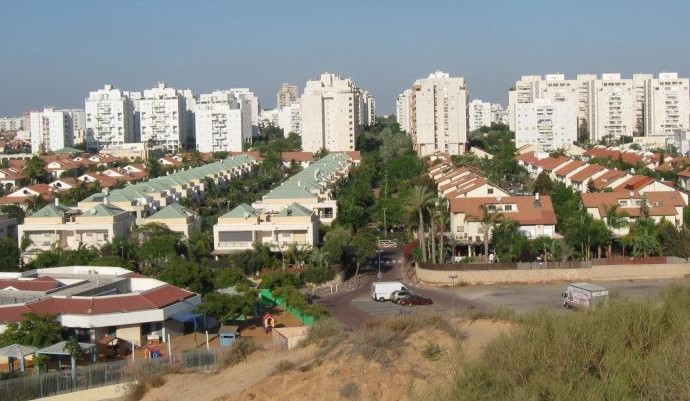Rain in Israel is considered a blessing for the country, providing essential drinking water and helping local farmers, but rain is not a blessing when it enters your property. Creative Estates Israel CEO Shaun Isaacson explains why rain damage occurs in Israeli properties during the winter and how to fix it.
In many houses and apartments in Israel you will see damp patches on ceilings and external walls during the winter, with bubbling plaster and paint a common featureg. If you or your tenants notice that there is water coming through during the rainy season, you may want to send someone to check on the roof, window frames and walls.
Why Do Israeli Homes Leak in the Winter?
Leaks are a fact of life in many Israeli homes, old and new because Israeli buildings are made of poured concrete, stone and tiles, and rain water tends to find and infiltrate even the tiniest cracks. Because the dry, hot summer is significantly longer than the short, wet winter, homes are designed to stay cool and are poorly insulated. White walls, tiled floors, flat roofs and large windows are all excellent for summer living, but they present many challenges during the winter months.
In other countries where houses are constructed out of wood, the issue of water damage is much more serious because wooden beams can rot and collapse. However, in stone and concrete homes the water generally drains through the cracks and dries out, causing no long-term damage but only superficial patches.
Recurring leaks are hard to prevent because water may enter through a crack at one point in the external wall and emerge somewhere else inside, making it very difficult to identify and fix the source of the leak. Fixing one crack does not guarantee that further cracks will not open up, particularly where surfaces are exposed to baking hot sun for extended periods.
Fixing Leaks in Israeli Homes
Israelis love technology, so naturally they have created a solution for the problem of recurring leaks. It is a portable x-ray machine that sees through walls and identifies where the water is coming from. However, it is not a cheap machine and hiring the expert who can use it and read the results of the scan can be very costly. It is usually recommended to use this technology in situations where the source of the leak is hard to identify, in order to minimize the damage involved in opening up walls, floors or ceilings to fix the problem.
The problem of rain collecting on a flat roof is a familiar one, and it can be very difficult to fix the roof in such a way that rain water runs away from the cracks instead of collecting in the same places and making the cracks worse. Roofs – whether flat or tiled – generally only leak in the winter, so that is the busy season for roofing engineers. Calling a roof expert in the summer may be cheaper, but unless you have the roof fixed before the rains stop, it is impossible to know whether the fix that you are paying for is going to work or not. The best advice we can give is to call a recommended roofer as soon as you see any sign of water penetration, so that it can be fixed before the damage gets worse and you can see that the water is no longer coming in.
Leaks around your property can be aggravated by blocked external drains, including in the frames of patio doors, which can fill with water and leak into the house. It is worth noting that holes made in the external walls – for example, where planters or hammocks have been hung from hooks – can invite water inside. In properties facing the sea, the problem of water damage is compounded by the corrosion caused by salt in the water.
Managing Mold in Israeli Apartments
Whilst water damage to paintwork is unsightly, the real problems arise when mold starts to grows on the wet plaster. Mold is troublesome because it can be toxic and can cause health problems. People who live in damp and moldy environments can suffer from throat irritation, coughing or wheezing, eye irritation, or skin irritation, and some people have mold allergies which cause more severe reactions. Black mold must be cleaned off damp walls so that its harmful spores do not spread. It usually cleans off easily with a diluted bleach solution or a mold removal spray, sold in Israeli supermarkets.
The property owner is responsible for fixing leaks, but tenants have a responsibility to mitigate their effects by informing the landlord or property manager and by keeping the property ventilated. Ventilation is crucial to prevent the development of mold and to help wet plaster to dry out between rain storms. However, tenants are often reluctant to leave their windows open in the cold, wet weather. A good property manager will keep an eye on this issue and recommend adding air vents if they see that a room is becoming moldy in the winter.
You will probably want to replaster the walls and ceilings to fix the damage from a leakg, but it is always best to wait for rain damage to dry out completely before plastering and repainting. Remember that the last rains in Israel may only happen in April, so don’t rush to the paint store too soon!
Repainting in the Spring
Recurring rain damage from leaks has given rise to the tradition in Israel of repainting the interior of your home every spring with white paint. It also explains why white is the most popular color for internal walls – not only does it help keep homes cool in the summer, but white paint is much easier to match than other colors!
It may also be a good idea for property owners to paint the outside of the building with waterproofing chemicals, particularly if the building is covered with Jerusalem stone. Although the indigenous yellow limestone is beautiful, giving Jerusalem its legendary golden glow, it is actually porous and not particularly helpful in protecting your property against the rain!
Creative Estates Israel has a team of maintenance experts who spend most of the winter months attending to leaks and water damage, and then repainting the properties that they manage. Contact us about managing your Israel property today.
